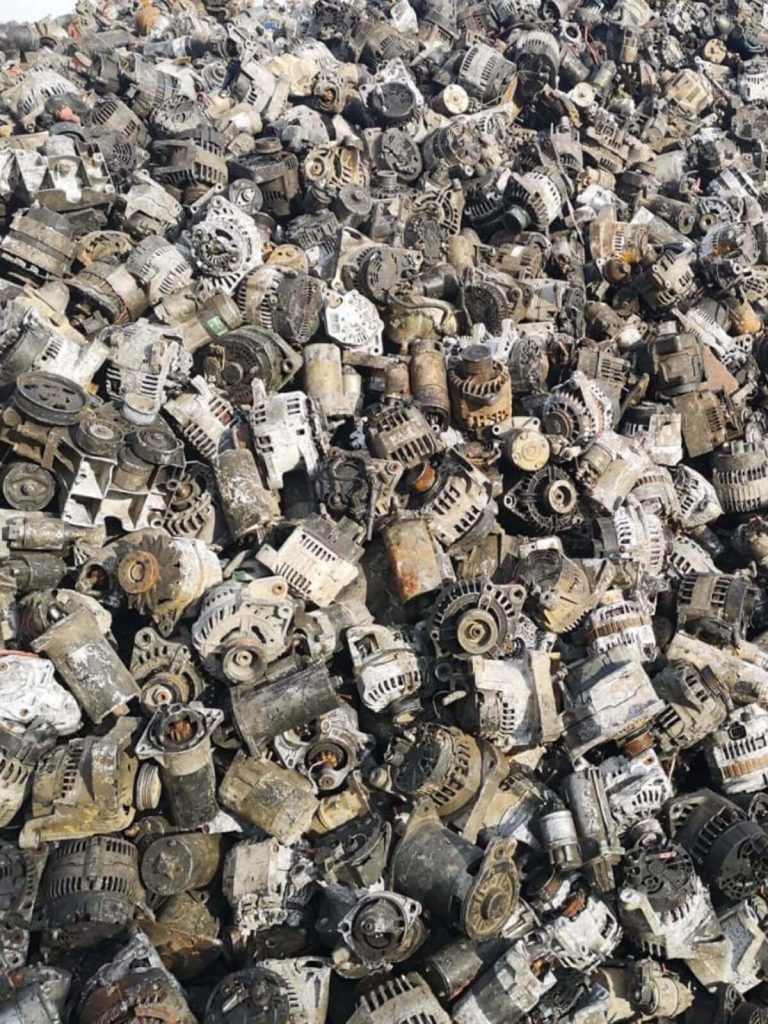Alternator Bounty: Maximizing Returns from Scrap Metal
Alternator scrap, a consequence of automotive recycling, represents a valuable source of organic product that has both financial and environmental significance. Alternators, crucial components in car electric systems, include different materials, including copper, aluminum, and material, making them lucrative objectives for recycling. The procedure of recycling alternator scrap not only contributes to sustainable resource management but also presents economic advantages through the healing of valuable metals.
Among the principal materials present in alternator scrap is copper, a very sought-after material in the recycling business due to its conductivity and versatility. Recycling copper from alternators reduces the requirement for mining and removal, reducing environmentally friendly influence associated with one of these processes. The recovered copper can be repurposed for numerous programs, including the manufacturing of new electrical parts, thus closing the loop on the product life cycle.
Aluminum is another valuable metal contained in alternator scrap. Recycling aluminum requires considerably less power than extracting it from organic ore, creating the recycling process more energy-efficient and environmentally friendly. Recovered aluminum from alternator scrap may be used in the manufacturing of new automotive components, structure resources, and other client goods.
Metal is a frequent aspect in the housing and architectural aspects of alternators. While steel is one of the very most recycled resources globally, removing it from alternator scrap helps decrease the need for new material manufacturing, ultimately reducing power use and greenhouse fuel emissions connected with steel manufacturing.
The financial value of alternator scrap is evident in the flourishing scrap material industry. Scrap yards and recycling features purchase alternator scrap from different resources, including automotive fix stores, junkyards, and individuals. That creates a revenue stream for those active in the collection and sale of alternator scrap, adding to regional economies and fostering a more sustainable method of reference management.
Beyond the financial advantages, recycling alternator scrap represents an essential position in spend decrease and environmental conservation. Discarded alternators that end up in landfills contribute to electronic spend, posing environmental hazards because of the potential release of hazardous substances. Recycling assures these parts are reliably treated, stopping environmental contamination and marketing the rounded economy.
To increase the recovery of useful metals from alternator scrap, advanced recycling systems are employed. These systems involve processes such as for example shredding, organizing, and melting to separate your lives and acquire various materials efficiently. The using alternator scrap recycling techniques enhances the efficiency of alternator scrap recycling operations, creating them more environmentally sustainable.

To conclude, alternator scrap presents an invaluable source with financial and environmental benefits. The recycling of alternator scrap plays a role in the conservation of useful materials, decreases the environmental affect of steel extraction, and fosters a sustainable way of reference management. Whilst the automotive industry continues to evolve, the responsible recycling of alternator scrap plays a crucial role in developing a more round and eco-friendly economy.
